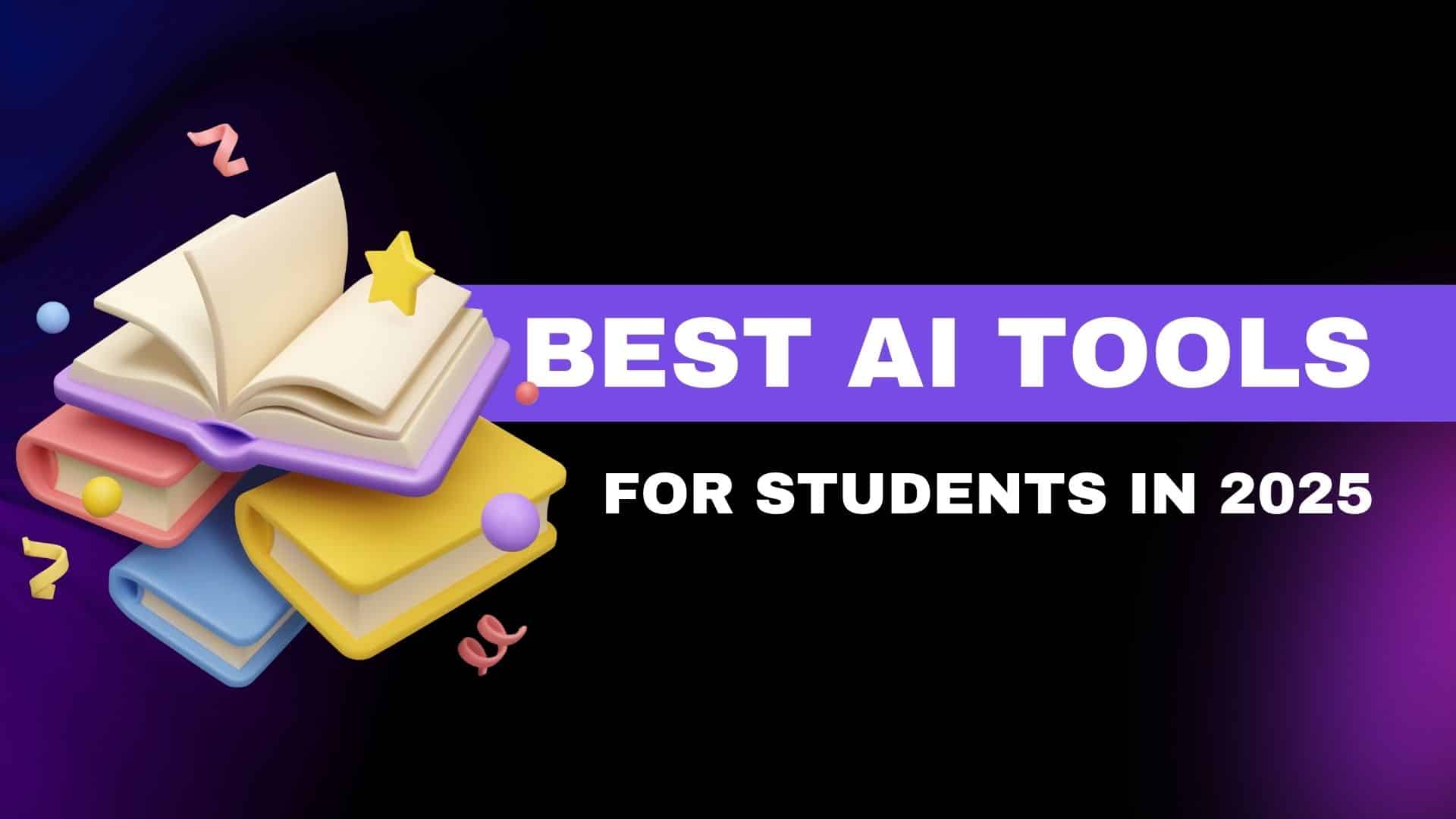

In 2025, academic life is no longer about working harder — it’s about working smarter. Whether you’re writing a thesis, conducting literature reviews, or transcribing hours of lectures, AI tools are the academic superpower you didn’t know you needed.
From automating research and citations to improving writing and collaboration, AI is revolutionizing how students and researchers operate. This guide highlights the top AI tools designed to elevate your workflow and free up time for critical thinking and innovation.
Description
A powerful AI language model by OpenAI, ChatGPT is used for everything from writing and research to brainstorming and debugging code.
Features
Description
An AI-powered academic search engine that pulls answers directly from peer-reviewed papers — perfect for fast, evidence-backed responses.
Features
Description
Your AI-powered literature review assistant, helping you discover and organize relevant papers based on your research questions.
Features
Description
A smarter citation tool that tells you how papers are cited (support, dispute, mention) to help you assess credibility.
Features
Description
GrammarlyGO offers AI-powered writing support tailored for academic tone and clarity — beyond just spelling and grammar.
Features
Description
Combines web search and chat to give citation-backed answers — ideal for fast and factual academic queries.
Features
Description
Zotero is a reference manager enhanced with AI to streamline citation management, paper summaries, and source discovery.
Features
Description
A transcription tool that turns voice recordings into searchable, organized text — perfect for lectures, interviews, and group study.
Features
Description
Part of the popular Notion workspace, Notion AI brings intelligent writing, organization, and task assistance into one platform.
Features
Description
A student-focused AI writing assistant that helps co-write essays, generate citations, and improve academic writing in real-time.
Features
Description
A Web3-integrated platform that allows students and researchers to record voice notes and mint them as NFTs — securing proof of work and distributing insights.
Features
Want to level up your academic life with AI?
Here’s a recommended AI stack based on your role:
| Type of Academic Role | Suggested AI Stack |
|---|---|
| Undergraduate Student | ChatGPT + GrammarlyGO + Notion AI + Zotero |
| Graduate Student | Elicit + Zotero + Scite.ai + Notion AI |
| Thesis/Dissertation Writer | Jenni AI + ChatGPT + Zotero + GrammarlyGO |
| Research Assistant/Scholar | Elicit + Consensus + Scite.ai + Otter.ai + ChatGPT |
| Online Student | Notion AI + Otter.ai + GrammarlyGO + ChatGPT |
💡 Tip: Stick with 3–5 tools and explore integrations (Zapier, Notion widgets, Zotero plugins) to create custom academic workflows.
Q: Can I really write academic papers with these tools?
A: Absolutely — tools like Jenni AI, ChatGPT, and Notion AI help you draft faster and cleaner. Just verify and cite properly.
Q: What are the best free AI tools for students?
A: Start with ChatGPT Free Tier, Perplexity AI, and Pictory Free Plan for summaries, explanations, and quick research.
Q: How do I manage all these tools without burnout?
A: Focus on your weekly academic tasks (e.g., note-taking, writing, research), and choose 3–4 tools that serve those. Stack based on workflow, not hype.
Q: Is using AI for school considered cheating?
A: Not if used responsibly. AI can help summarize, organize, and ideate — but never submit raw AI output. Always fact-check, revise, and cite.
Q: Can I use AI to publish or archive my research ideas?
A: Yes! Platforms like ATTN.LIVE let you timestamp voice notes as NFTs, offering proof of thought and decentralized knowledge sharing.